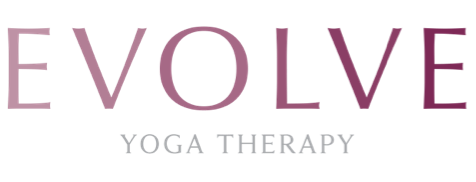A Brief Coaching Session Makes a Major Difference in Sleep Quality
In the fast-paced world we lived in, finding time for self-care and personal growth can be challenging. Traditional coaching sessions, while effective, do not always fit into the busy schedules of those striving to achieve well-being. That is where 25 minute microsessions come in—a dynamic and flexible approach from the Duke Health & Well-Being Coach Training Program. By offering focused, brief coaching interactions, microsessions empower individuals to make meaningful progress toward their goals, one small step at a time. This innovative method honors the principles of integrative health and personalized care, providing a practical solution for those committed to enhancing their well-being without compromising their daily responsibilities.
Here’s how one of my recent microsessions unfolded.
Goal
The client aimed to achieve consistently restful sleep by establishing a regular sleep pattern of at least seven hours of mostly uninterrupted rest each night.
Vision
They desired to wake up feeling well-rested and content, without the frustration of waking up frequently or struggling to fall back asleep. Their ultimate goal was to feel satisfied with their sleep quality, to the point where they could confidently say, “I slept well” when asked about their night.
Values
They believed that adequate sleep was crucial for overall health and well-being, based on both research and personal experience. The client’s desire for consistent, restorative sleep was tied to their broader health goals, reflecting their value in maintaining physical and mental wellness.
Where They Were
The client struggled to achieve their desired sleep quality. They frequently experienced interruptions during the night and early morning, making it difficult to fall back asleep. These disruptions left them feeling frustrated and less rested than they would have liked. Despite previous efforts—such as going to bed earlier, using an eye mask and earplugs, taking magnesium supplements, adjusting morning routines, darkening and cooling the room, and using melatonin—they had not yet found a consistent solution. This contributed to their moderate level of confidence in their ability to make lasting changes.
Confidence
The client’s confidence in their ability to achieve this sleep goal was moderate, around a 5 on a scale of 1 to 10. This was largely due to their previous attempts to improve sleep which had had inconsistent results. They expressed uncertainty about which strategies would consistently work for them, leading to a sense of unpredictability and lack of control over their sleep quality.
Importance
Achieving better sleep was highly important to the client, rated at an 8 or 9 out of 10. They recognized the significant impact that improved sleep could have on their overall health and daily functioning. This high importance reflected the client’s commitment to finding a solution that would help them achieve their desired sleep pattern.
Action Step
As a practical step towards achieving better sleep, the client considered purchasing a sleep monitor. This tool could help them gather more detailed information about their sleep patterns, which might provide insights into what disrupted their sleep and what helped them sleep better. By tracking their sleep, they hoped to identify effective strategies that would lead to the consistent, restorative sleep they desired. By identifying a lack of information, their confidence in their ability to achieve their sleep goal improved at the end of the session.
Post Session Notes
After the session, the client signed up for an additional four sessions to continue working on their sleep and overall well-being. Since purchasing the sleep monitor and implementing some initial changes, they reported experiencing better sleep and waking up feeling more rested and rejuvenated.
Get in Touch
If you are interested in a micro session, please email me at russell.melissa@gmail.com.

